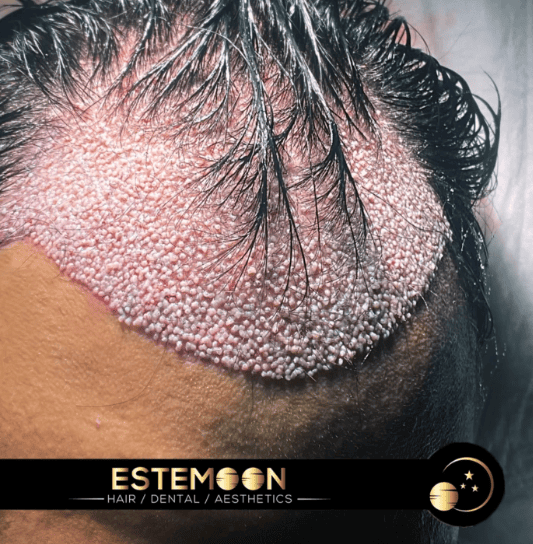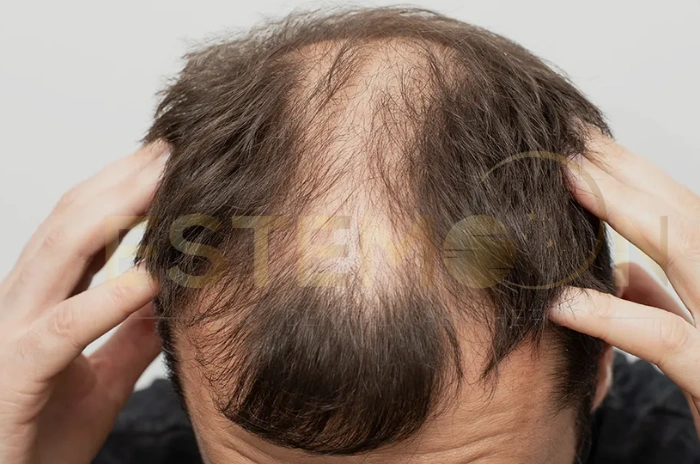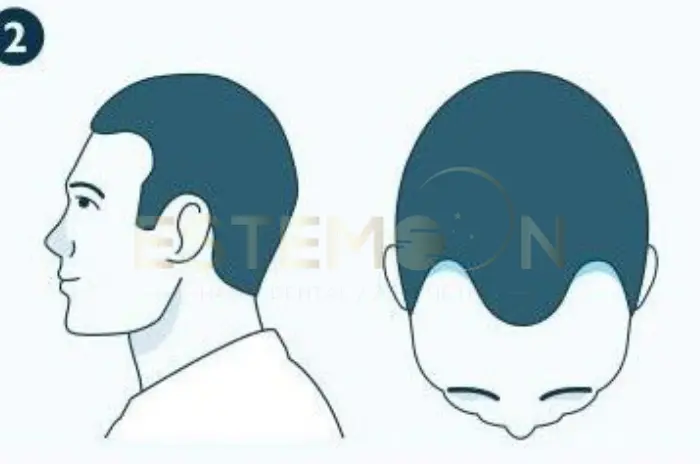Hair loss can be a frustrating and challenging experience for many individuals. It affects self-confidence, personal appearance, and even psychological well-being. For those looking to regain a fuller head of hair, hair transplant procedures have become a popular solution. Albania, known for its skilled doctors and advanced medical facilities, offers hair transplant services at competitive prices. However, before considering this life-changing procedure, it’s important to understand who is eligible. This blog will guide you through the criteria, qualifications, and hair transplant eligibility in Albania to see if you are a suitable candidate.
Understanding Hair Loss
Before diving into eligibility criteria, it’s essential to understand what causes hair loss and the types of hair loss that can be treated with a transplant:
- Types of Hair Loss:
- Androgenetic Alopecia (Male and Female Pattern Baldness): The most common type of hair loss caused by hormonal changes and genetics.
- Alopecia Areata: An autoimmune condition resulting in hair loss in small patches.
- Traction Alopecia: Hair loss caused by tight hairstyles that pull on the hair for prolonged periods.
- Telogen Effluvium: Temporary hair loss due to stress, medication, or lifestyle changes.
- Causes of Hair Loss:
- Genetics: Family history plays a significant role in determining hair loss patterns.
- Hormonal Changes: Pregnancy, menopause, and certain medical conditions can lead to hair loss.
- Medications: Some drugs, particularly those used in chemotherapy or for treating certain medical conditions, can cause hair loss.
- Stress and Lifestyle: High-stress levels, poor diet, and inadequate sleep can contribute to hair thinning and loss.
- Assessing Hair Loss:
- Norwood Scale: A common method to categorize the severity and pattern of male hair loss.
- Ludwig Scale: Used to assess the pattern of female hair loss.
Who Can Be Eligible for a Hair Transplant in Albania?
Not everyone who experiences hair loss is eligible for a hair transplant. The procedure has specific criteria that must be met to ensure its effectiveness and to minimize the risk of complications. Below are the primary factors considered when determining eligibility:
Age
Minimum Age: The general rule is that individuals should be at least 25 years old to consider a hair transplant. This age is often necessary because hair loss patterns are not fully established until this age.
Exceptions: In cases of severe hair loss caused by trauma or illness, younger individuals may be considered.
Overall Health
Good General Health: Candidates should be in good physical and mental health. Conditions such as diabetes, autoimmune disorders, and hypertension may affect eligibility and outcomes.
No Scalp Conditions: Scalp infections, severe dandruff, or skin diseases can impact the healing process and must be treated before considering a hair transplant.
Realistic Expectations
Understanding Limits: It’s important for the patient to have realistic expectations about what a hair transplant can achieve. The procedure can improve appearance but may not provide the same density as youthful hair.
Consultation with a Specialist: A thorough consultation with a hair transplant specialist in Albania can help set realistic goals and expectations.
Lifestyle Considerations
Smoking and Alcohol: Excessive smoking and alcohol consumption can affect the healing process and the success of the transplant. Patients are advised to quit smoking and reduce alcohol intake before the procedure.
Post-Operative Care: Adherence to post-operative care instructions is crucial for the success of the transplant, including avoiding strenuous activities and following a proper hair care routine.
Stable Hair Loss: The patient’s hair loss should be in a stable phase where the rate of hair loss is predictable. Rapid or ongoing hair loss can complicate the procedure and affect its outcome.
Donor Hair Quality: The donor area’s health is crucial for a successful transplant. The hair should be of sufficient density and thickness to harvest and transplant.
The Hair Transplant Process in Albania
If you meet the eligibility criteria, the next step is understanding the hair transplant process in Albania. Here’s a step-by-step guide:
- Initial Consultation:
- Hair and Scalp Analysis: During the consultation, the specialist will analyze your hair and scalp, discuss your medical history, and assess the extent of your hair loss.
- Discussion of Goals: The doctor will discuss your goals and expectations and explain which type of hair transplant (FUT or FUE) would be most suitable for you.
- Pre-Procedure Preparation:
- Blood Tests and Scans: Before the procedure, you may be required to undergo blood tests and scans to ensure you’re healthy enough for the surgery.
- Instructions: You will receive detailed instructions on how to prepare, including avoiding certain medications, reducing alcohol consumption, and discontinuing smoking.
- Types of Hair Transplants Available:
- Follicular Unit Extraction (FUE): Individual hair follicles are harvested from the donor area and implanted into the recipient area.
- Follicular Unit Transplantation (FUT): A strip of hair-bearing scalp is removed from the donor area, and individual follicles are extracted and implanted.
- Day of the Procedure:
- Local Anesthesia: The procedure is performed under local anesthesia to minimize discomfort.
- Transplantation: Depending on the method, the hair follicles are either extracted one by one (FUE) or in strips (FUT) and then implanted into the thinning or bald areas.
- Recovery and Aftercare:
- Post-Operative Care: Following the procedure, patients must follow a strict post-care routine, including avoiding direct sunlight, not washing hair for a few days, and taking prescribed medications to reduce swelling and prevent infection.
- Follow-Up Appointments: Regular follow-up appointments are essential to monitor the healing process and hair growth.
Conclusion
Hair transplant eligibility in Albania is determined by various factors, including age, hair loss pattern, overall health, and lifestyle. By understanding these criteria and consulting with a qualified specialist, you can make an informed decision about whether this procedure is right for you. Albania’s hair transplant clinics offer advanced technology and skilled practitioners, making it a viable option for those seeking quality hair restoration at affordable prices. With the right preparation and care, you can achieve natural-looking, long-lasting results and regain confidence in your appearance.




